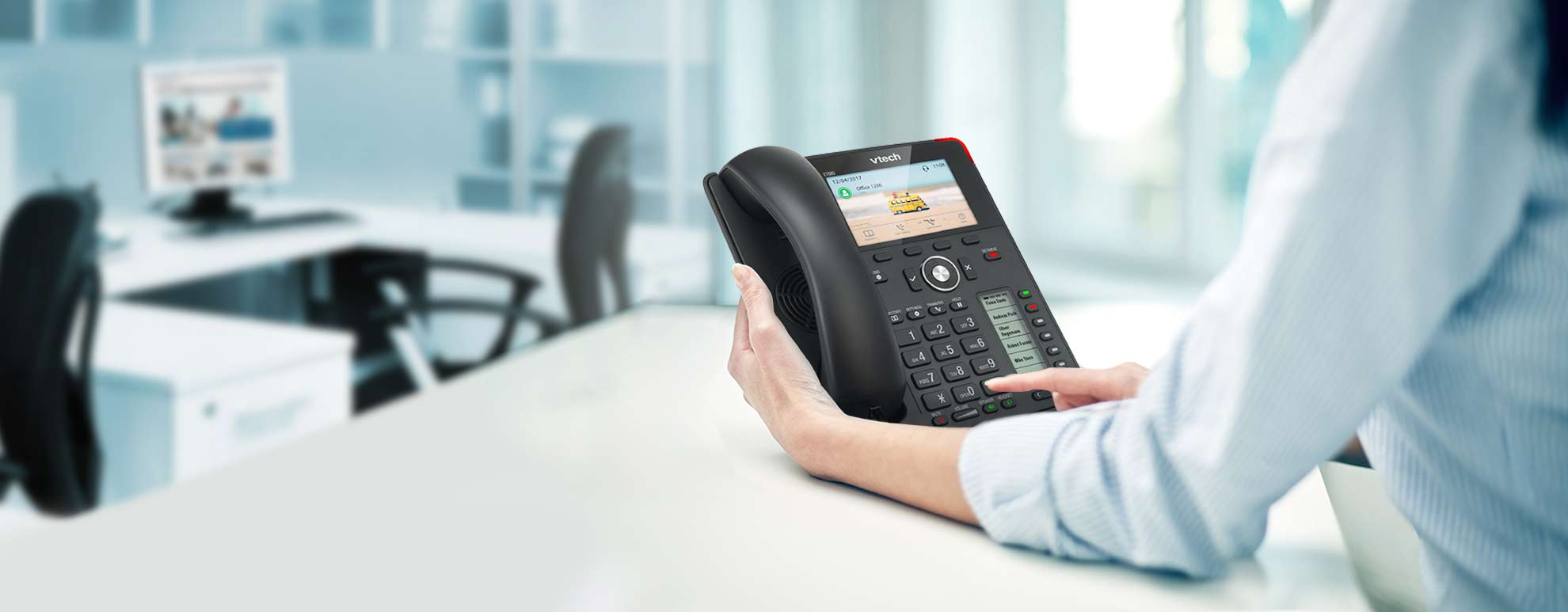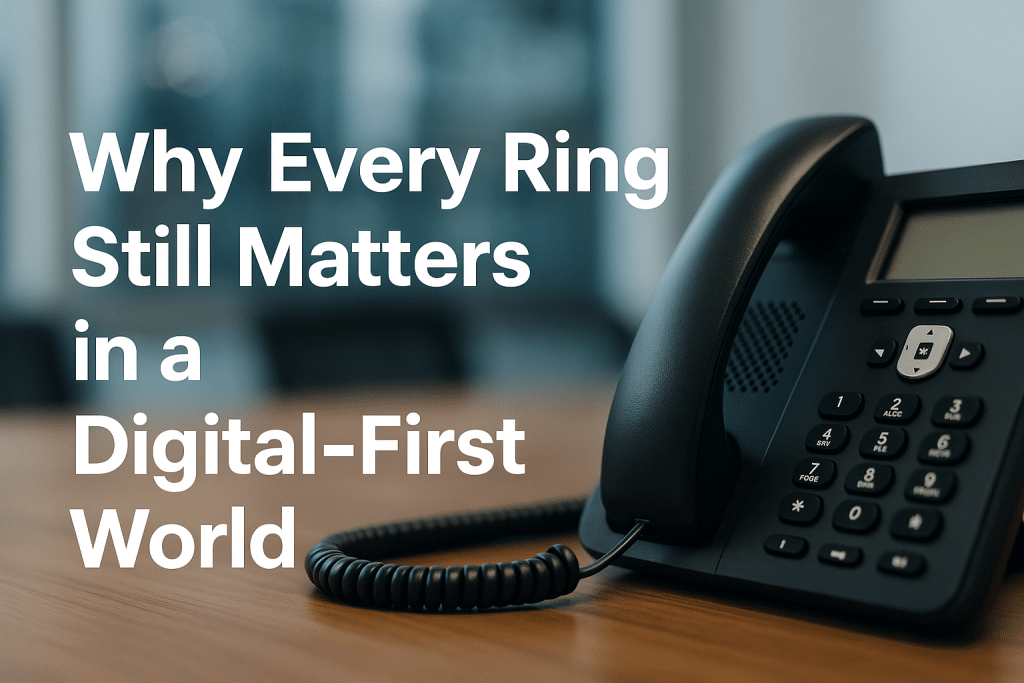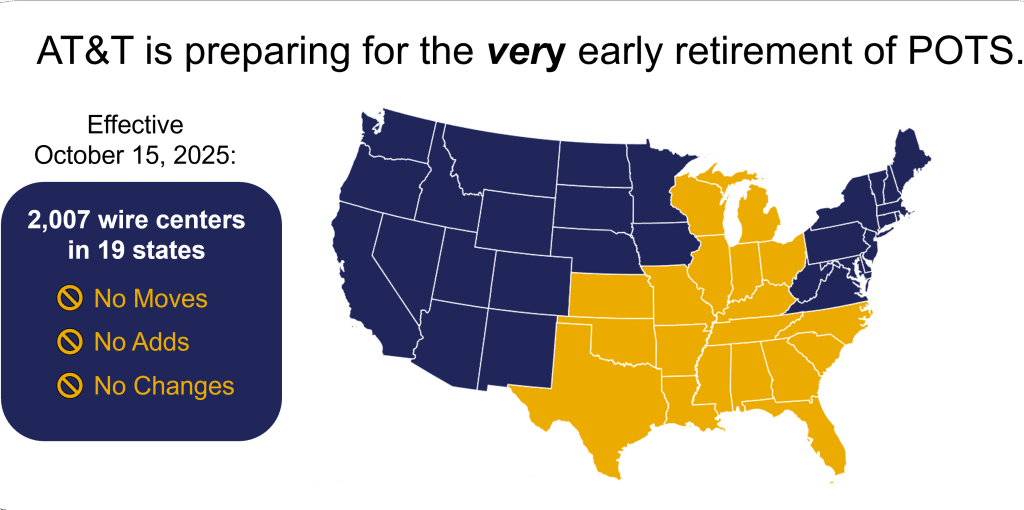Benefits of Desk Phones in the Workplace
Although desk phones may appear antiquated in the era of smartphones and VoIP, they continue to hold a prominent role in workplace communication, particularly within specific industries and contexts. They offer distinct advantages in terms of reliability, call quality, and security, positioning them as a favored choice for certain organizations.
Superior Call Quality
Desk phones, particularly those integrated with dedicated VoIP networks, often provide superior call quality compared to softphones or smartphone calls, especially in office environments. This is crucial in industries where clear and reliable communication is paramount, like healthcare, finance, and emergency services.
Reliability and Uninterrupted Service
Desk phones are known for their reliability and consistent performance, offering a steady connection for voice communication. This is important for teams that require continuous access to communication, such as those in customer service, dispatch, or emergency response.
Robustness and Security
Desk phones are generally more robust and secure than relying solely on personal smartphones or softphones. They can be integrated with security systems and offer dedicated lines for sensitive communications, making them suitable for organizations with strict security requirements.
Easier Call Management Features
Modern desk phones often come equipped with advanced features like call routing, call forwarding, conferencing, and voicemail, enhancing communication efficiency and flexibility.
Industry-Specific Requirements
Certain industries, like healthcare, hospitality, and finance, heavily rely on desk phones due to their specific requirements for clear communication, reliability, and security. Hospitals, for example, may utilize desk phones in critical areas like operating rooms or emergency departments where clear communication is essential.
Fixed Location Predictability
In some workplaces where employees are primarily stationed in a fixed location, desk phones provide a convenient and efficient way to communicate internally and externally. This is often the case in call centers, offices with dedicated reception areas, or workplaces with a high volume of phone calls.
Desk Phones vs. Smartphones in the Workplace
Focus and Productivity
While smartphones offer flexibility and mobility, desk phones can help create a more focused work environment by minimizing distractions from personal calls, texts, and notifications.
Professionalism and Etiquette
In some settings, using a desk phone can be perceived as more professional and courteous than using a personal cell phone, particularly for formal calls or client interactions.
Security and Confidentiality
Desk phones can be integrated with security measures and offer dedicated lines for confidential calls, which can be important for organizations handling sensitive information.
Considerations for Desk Phones
System Compabilities
Desk phones can be integrated with existing communication systems, such as VoIP networks, to create a seamless and efficient communication infrastructure.
Cost and Maintenance
Implementing and maintaining a desk phone system can involve upfront costs and ongoing maintenance expenses, which should be considered alongside the benefits of using desk phones.
Flexibility and Mobility
While desk phones offer reliability and stability, they are inherently tied to a specific location, which can limit flexibility for employees who need to move around.
Technology Integrations
Desk phones can be integrated with other technologies, such as CRM systems, to improve efficiency and productivity in communication-heavy workflows.
Clearly, desk phones continue to play a crucial role in workplace communication, especially in industries where reliability, call quality, and security are of utmost importance. While smartphones and other technologies provide flexibility and mobility, desk phones offer specific advantages that make them a preferred choice in certain contexts.
Are you looking for the best new desk phone solution for your business?
Call us anywhere in the U.S. at +1.800.857.1517 and talk with a real person in seconds!




